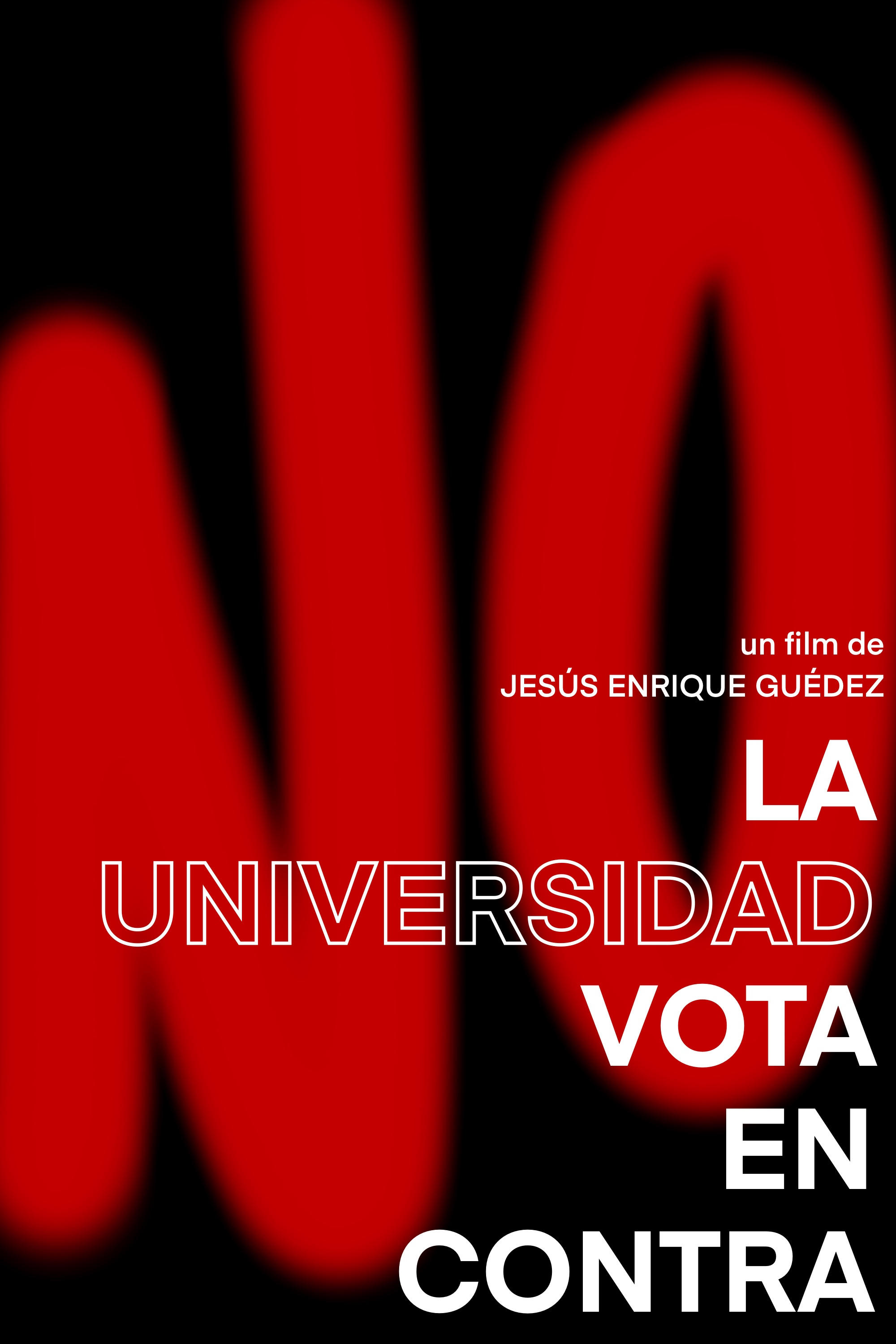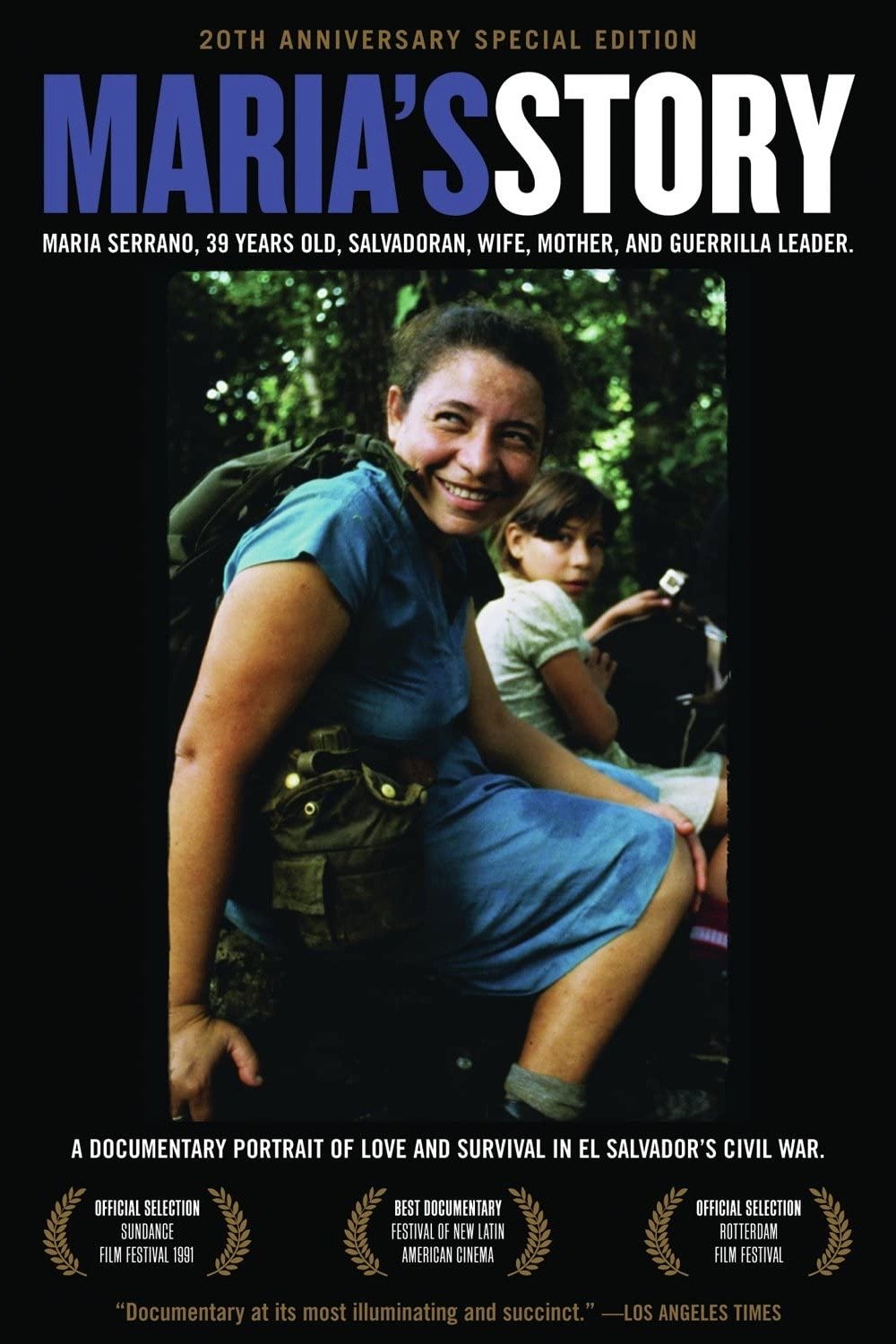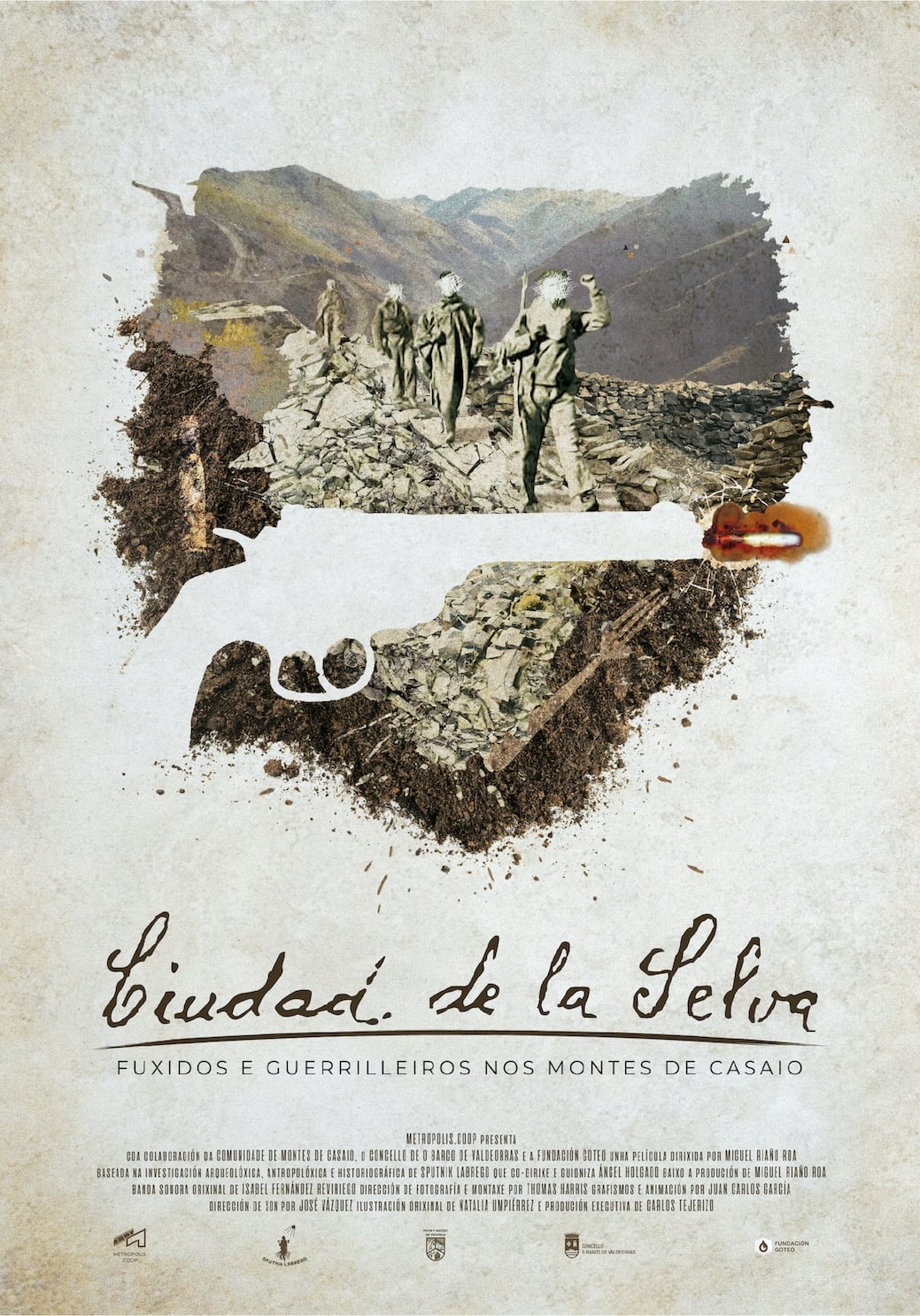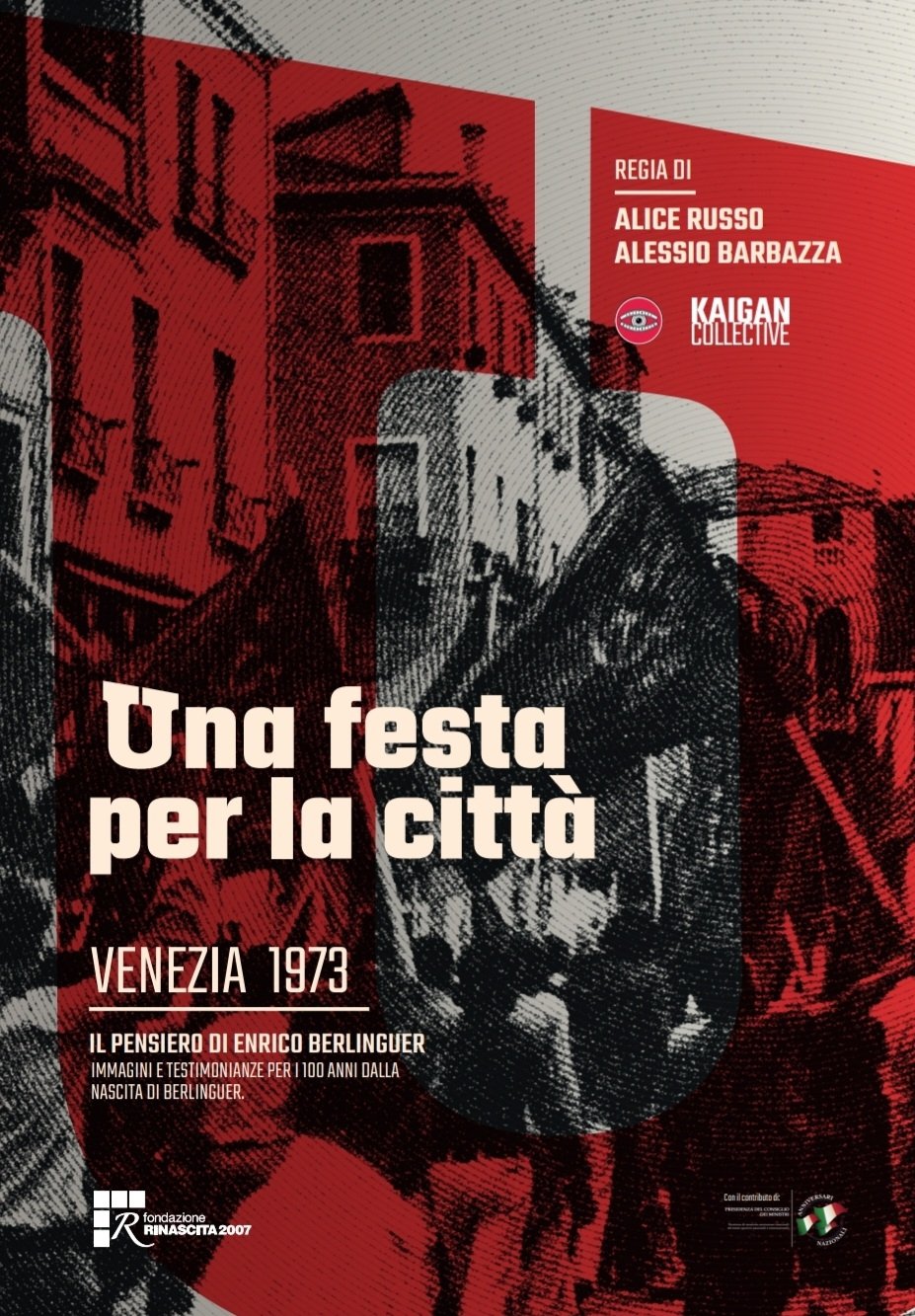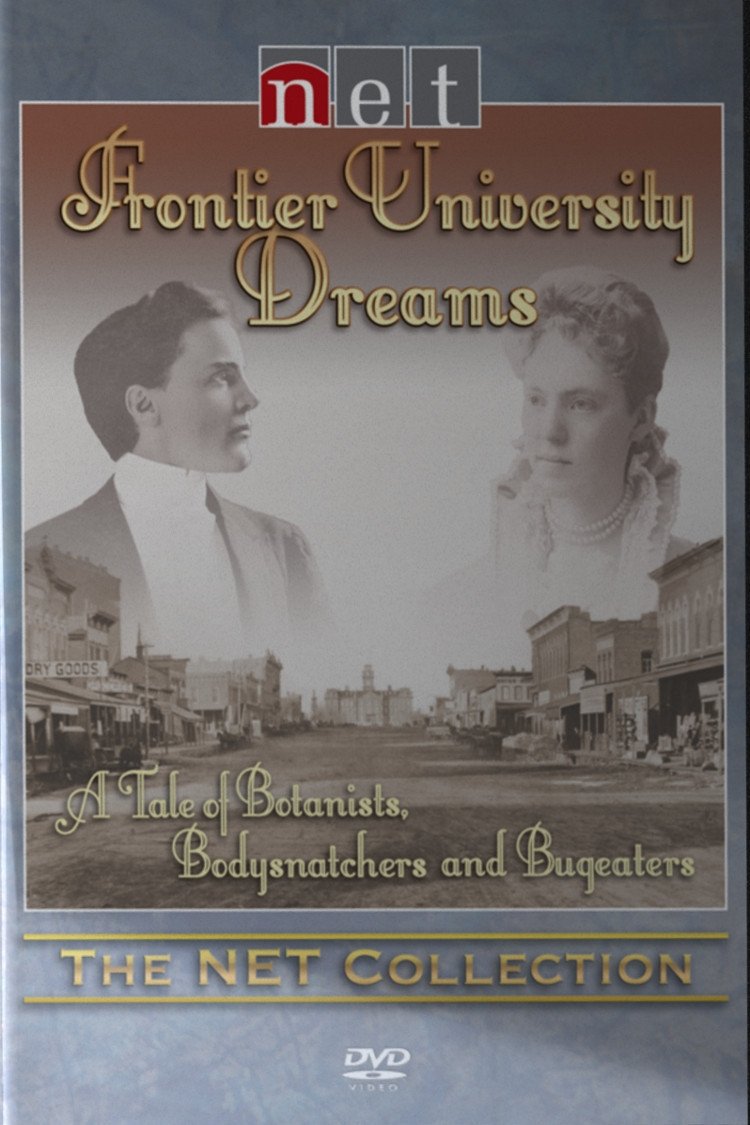
La universidad vota en contra
1968
0h 20m
0.0(0 votes)
Documentary
Overview
Demonstrations, confrontations, parties and divisions marked one of the most important university campaigns of the decade: the 1968 student elections.
Links & Resources
Social & External
